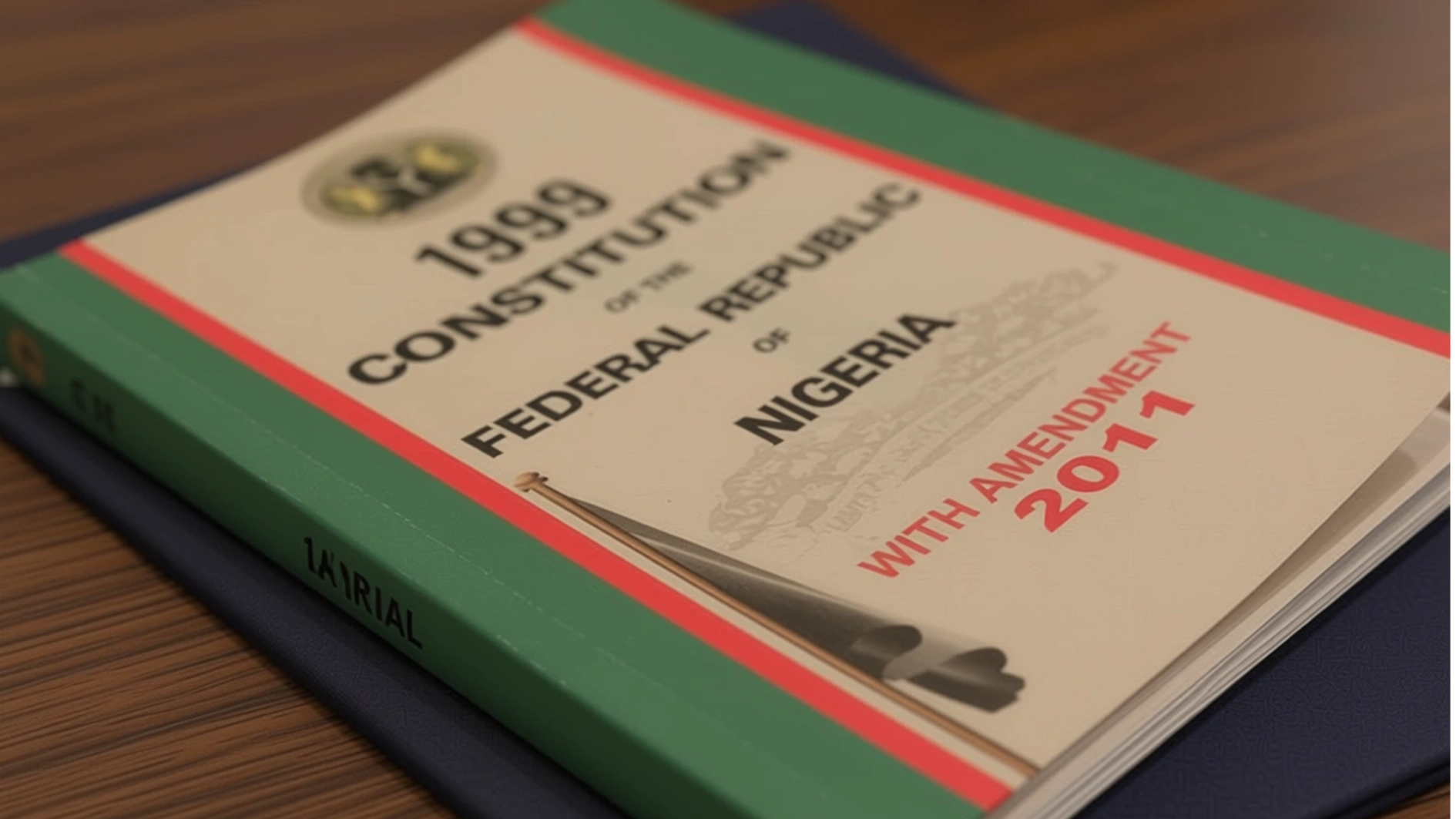Introduction: A Stark Warning
I believe you must have seen the recently released preliminary list for the upcoming World Cup qualifier fixtures for September, and you’re probably still carrying that ray of hope of another “miraculous” qualification for FIFA 26 like Korea/Japan 2002. But what if I told you that, beyond these qualifiers that by 2030, Nigeria may not have a National Team. We might still have footballers, jerseys, and stadiums. But the question is: will we truly have a national team? Or will the Super Eagles exist only as a name, stripped of identity, stripped of cohesion, and stripped of the cultural power they once carried?
It sounds provocative, but the signs are already here. A crisis of identity, an ageing core, a broken youth pipeline, and decades of reactive leadership have combined to push Nigeria toward football irrelevance — our players are struggling to get big transfer moves these days. Other nations have stumbled on similar challenges but took decisive steps to rebuild. Nigeria, instead, has preferred nostalgia and firefighting. The cost of that neglect may be a future without a team worthy of the name.
The Crisis of Identity
In the 1990s, Nigeria’s football had a clear DNA. The world spoke of Nigerian flair, swagger, and fearless improvisation. From Okocha to Finidi, Kanu to Amunike, Amokachi to Yekini, there was a style you could recognise instantly.
Today, the Super Eagles have no philosophy. Every coaching change brings a new template, every tournament resets the board. Are we a possession side? A counter-attacking machine? A pressing outfit? A defensive team? Nobody knows. The result is a team that plays in fragments, not in rhythm.
Contrast this with Germany, which, after the humiliation of Euro 2000, asked themselves hard questions and rebuilt their football DNA from grassroots to elite level. Within a decade, they lifted the 2014 World Cup. Spain, too, built an identity rooted in technical mastery, and by 2008–2012 dominated global football.
Nigeria has refused to even ask the question.
The Ageing Core and the Clock to 2030
The current crop of Super Eagles has undeniable talent: Victor Osimhen, Ademola Lookman, Wilfred Ndidi, Samuel Chukwueze, William Troost-Ekong, and Moses Simon. But talent ages. By 2030, these players will all be well into their 30s, past their peak years.
Who replaces them? The sad truth is that there is no obvious pipeline. While Osimhen embodies hunger and quality today, Nigeria has failed to create an environment where the next Osimhen is groomed, mentored, and strategically ushered into the national team. We are burning through our prime years without planting seeds for tomorrow.
This is how great footballing nations fade: not in one disastrous tournament, but in slow erosion as one generation fades and nothing replaces it.
The Youth Development Failure
Nigeria once dominated youth football. Five FIFA U-17 World Cup titles and multiple U-20 finals announced us as kings of youth talent. Yet that promise rarely translated into sustained senior-level excellence.
Why? Because the structures to nurture and integrate those youth stars into a professional pipeline do not exist. While nations like Belgium launched “Project 2000” to deliberately overhaul their youth systems — eventually producing Eden Hazard, Kevin De Bruyne, and Romelu Lukaku — Nigeria squandered its youth dominance.
We celebrated trophies but never built systems. We paraded U-17 stars, then lost them in the wilderness of poor leagues, bad contracts, and administrative neglect. Today, those youth teams are shadows of what they once were.
Reactive, Never Proactive
Nigeria’s football governance is defined by reaction. Lose a couple of games? Sack the coach. Fail at qualifying? New coach gets back to the infamous “drawing board”. Face FIFA sanctions? Appeal after the deadline.
There is no foresight, no 10-year plan, no technical vision. Nations that were once behind us have leapt forward because they chose proactivity. Japan, humiliated in the 1990s, created a 100-year football vision, embedding philosophy into every academy. Morocco, learning from Nigeria’s pitfalls, has built state-backed infrastructure, integrated its diaspora, and today projects itself as Africa’s leader after a World Cup semifinal run.
Nigeria, meanwhile, floats on autopilot, living on past glories.
Lessons from History: Nations That Rebuilt
History offers examples of nations that reached breaking points but chose reinvention:
Germany (2000): After failing at Euro 2000, the German FA rebuilt youth academies, mandated coaching reforms, and created a unified playing style. The result: a World Cup triumph in 2014.
Spain (1990s): Known as underachievers for decades, Spain retooled around a technical identity, rooted in La Masia and coaching education. By 2008, they won three straight major tournaments.
Belgium (2000s): Faced with the failure, Belgium launched a national football project. Within a decade, they had a golden generation ranked #1 in the world.
Morocco (2010s): Instead of lamenting missed chances, Morocco invested in the Mohammed VI Football Complex, aggressively recruited diaspora talent, and built a continental powerhouse.
Each of these nations stumbled, but then acted. Nigeria has stumbled — and only stared at the ground.
The 2030 Warning
If Nigeria continues on its current path, the national team in 2030 will not be a team in the true sense. It will be a collection of individuals without identity, without continuity, without cohesion.
By then:
Our current stars will have faded.
Our midfield crisis (the missing playmaker) will still be unresolved.
Our youth systems will continue to produce fleeting flashes, not long-term stars.
Our administrators will still be reacting instead of planning.
We will have jerseys, but no heartbeat. A name, but no team.
A Call to Rebuild
The tragedy of Nigerian football is not a lack of talent. It is a lack of vision. Our football suffers from amnesia: we forget too easily, and we fail to learn. But decline is not destiny. Nations have turned around, and Nigeria can too.
The way forward is clear:
Define an Identity — Decide what Nigerian football stands for and imprint it across every level.
Reform Youth Development — Build structures that turn U-17 brilliance into senior strength.
Invest in Coaching — Education, philosophy, and continuity matter more than recycling coaches.
Engage the Diaspora Strategically — Court players early, integrate them properly.
Institutional Memory — Archive and learn from history. Platforms like ONF must continue to document, remind, and push.
Conclusion: Eagles or Empty Shirts?
By 2030, the question will be simple: will Nigeria field a national team that carries identity, power, and pride — or will we only have empty shirts, filled by individuals who happen to share a passport?
The Super Eagles were once Africa’s symbol of confidence and creativity. If we do not change course, that symbol will vanish. Nigeria may still have footballers. But a national team? That will be gone.
The time to act is now.






